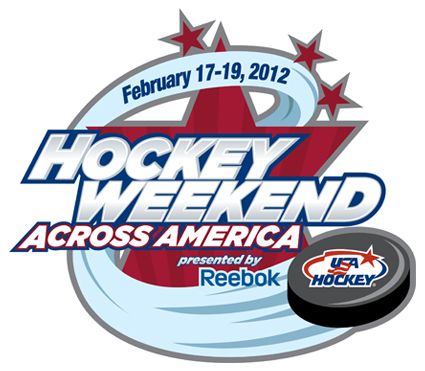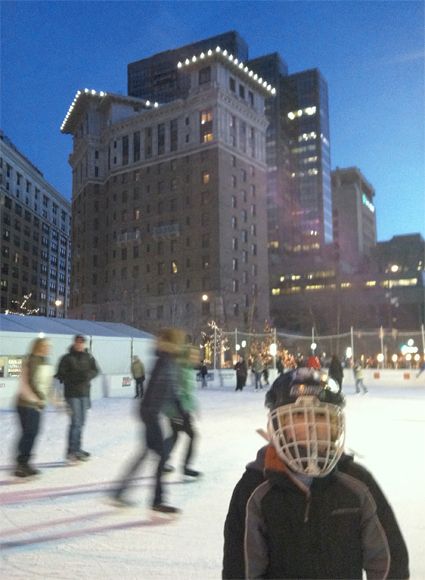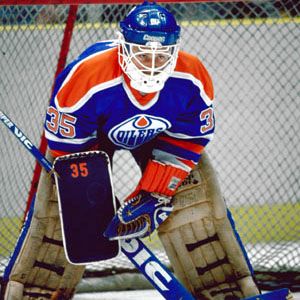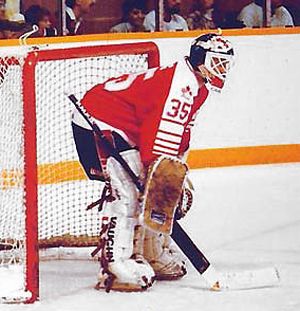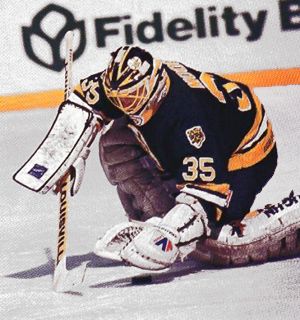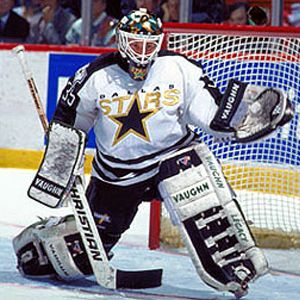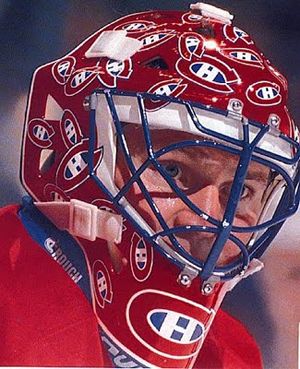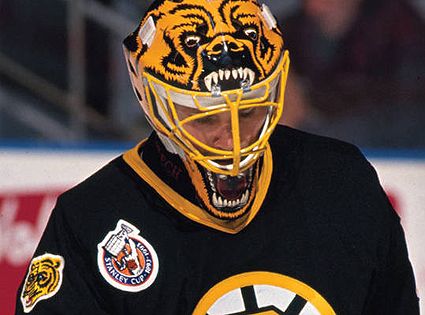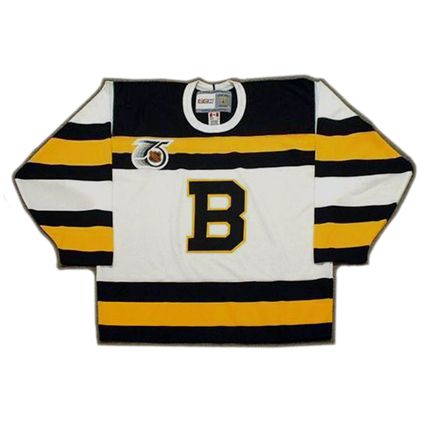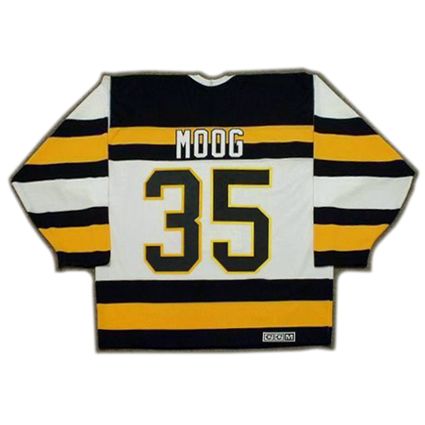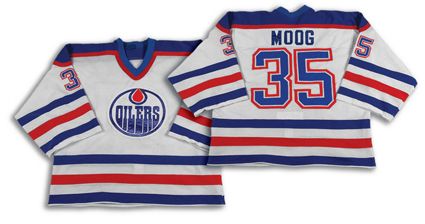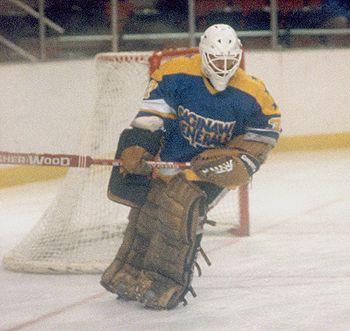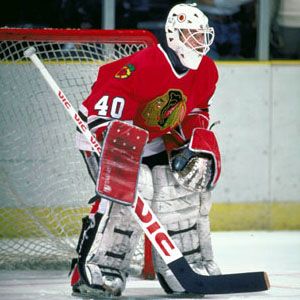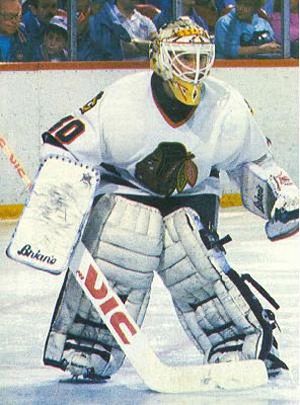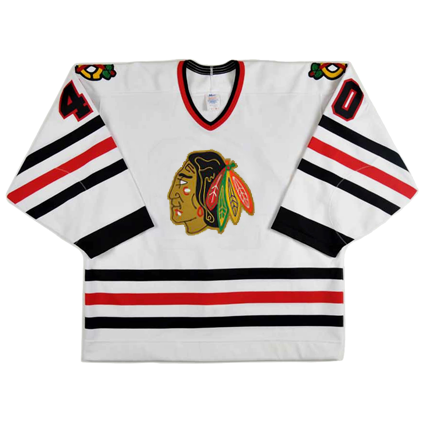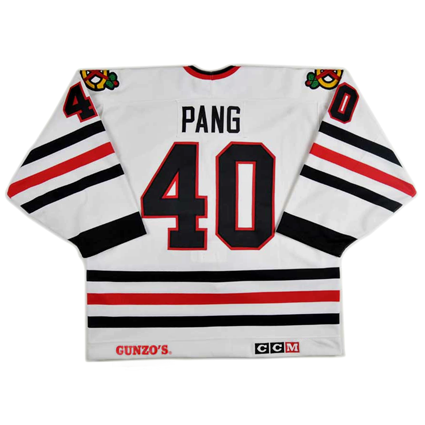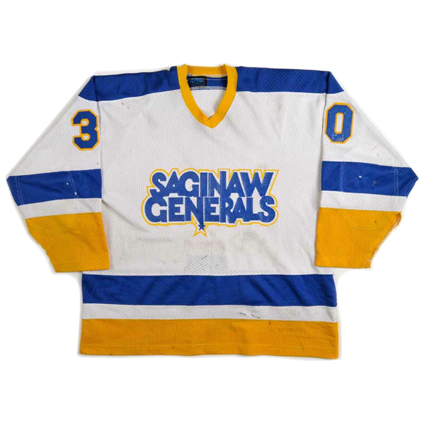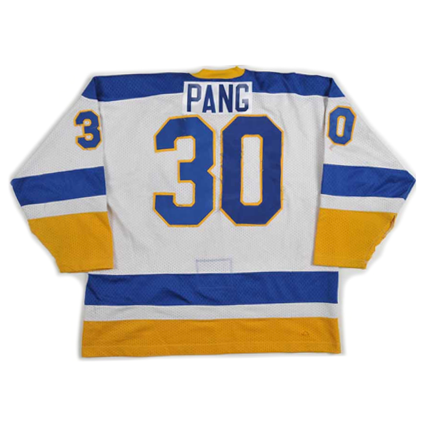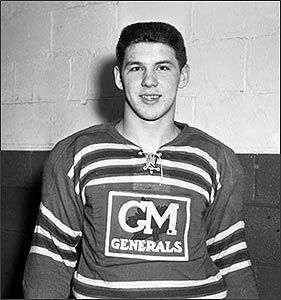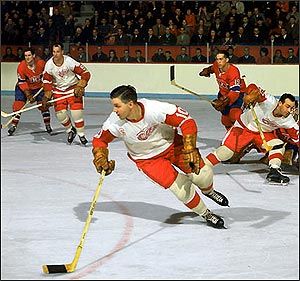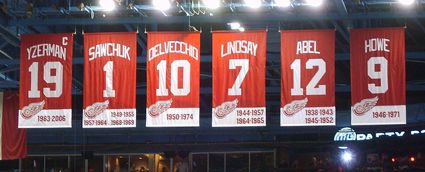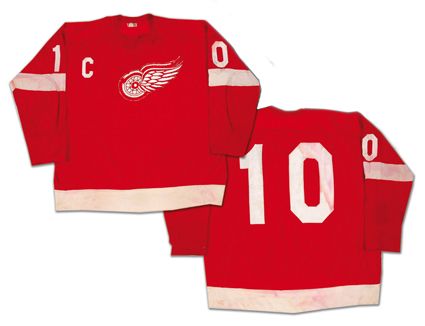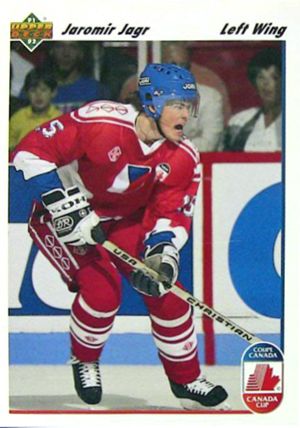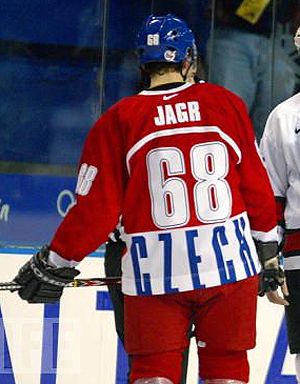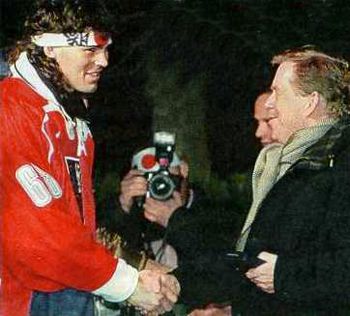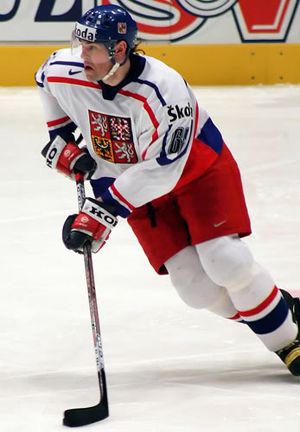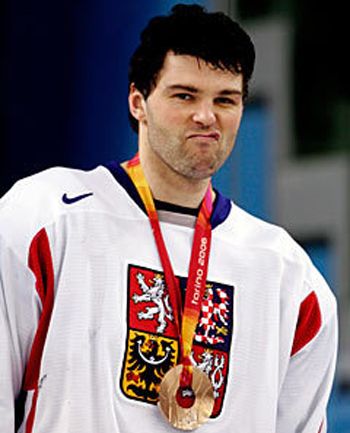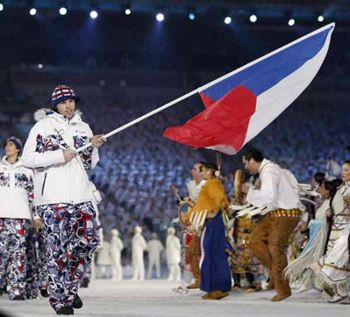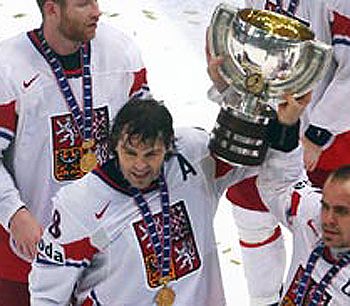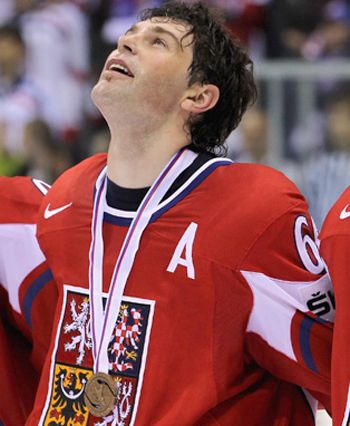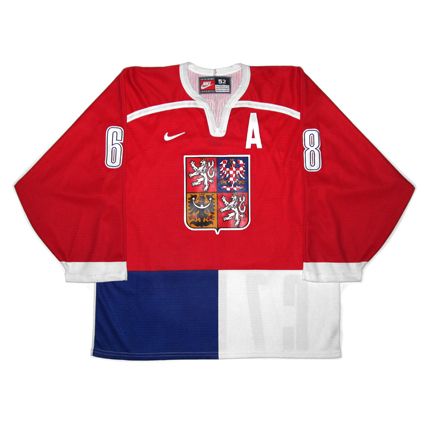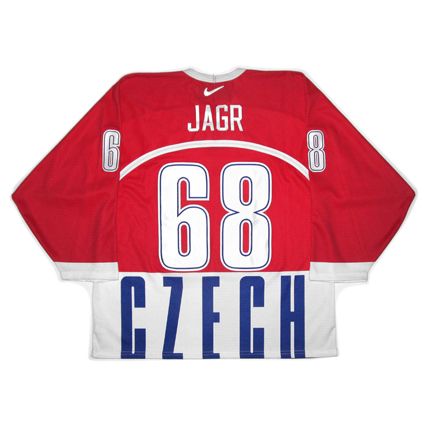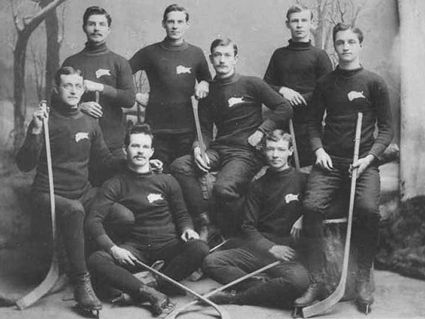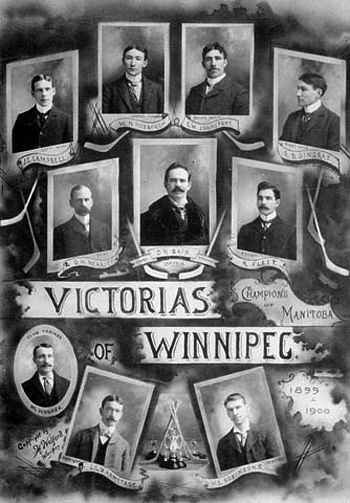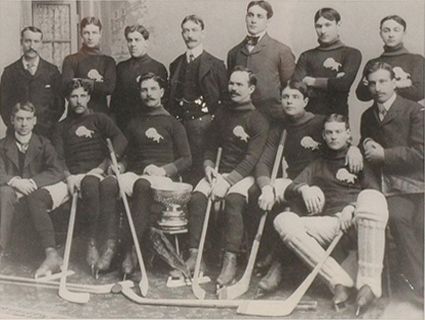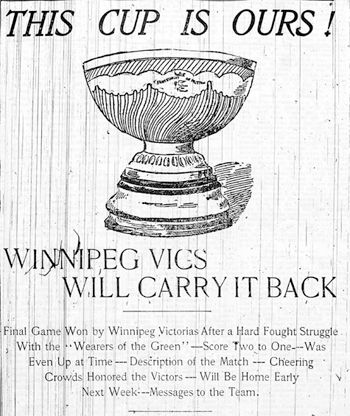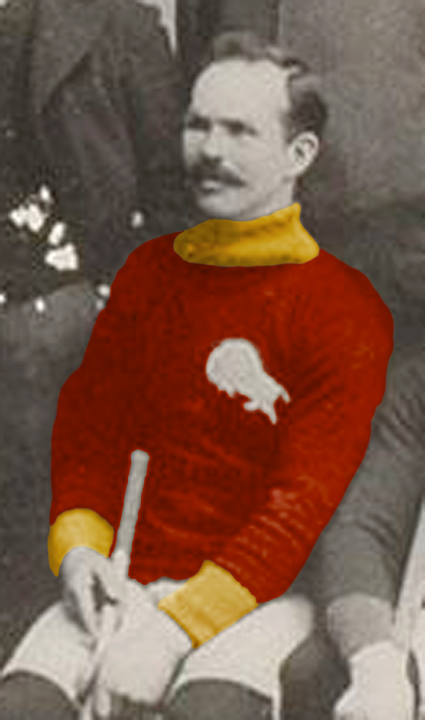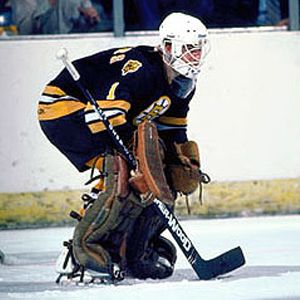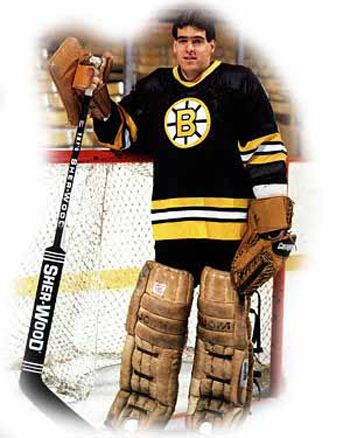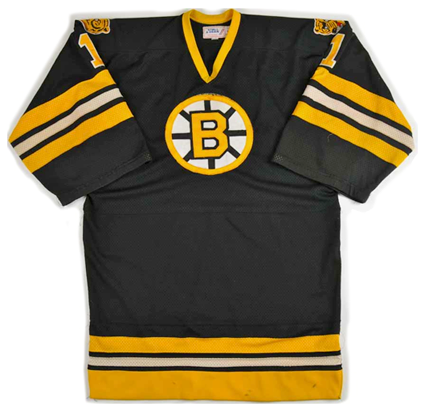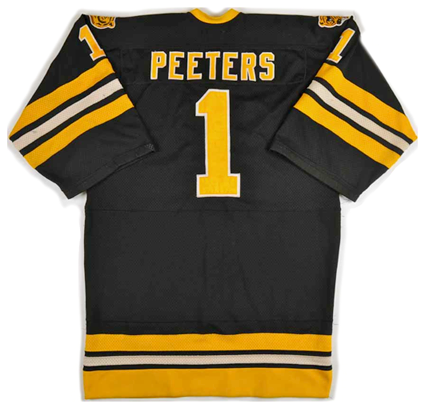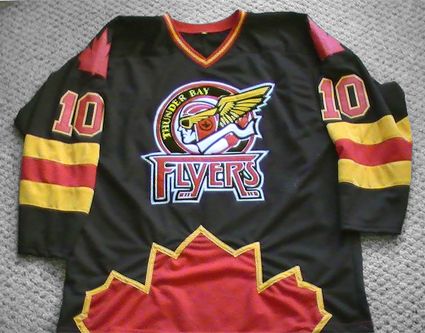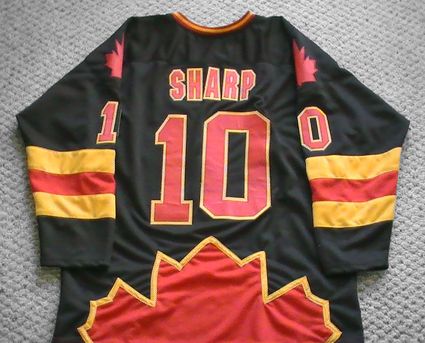The international hockey career of
Jaromir Jagr, who was born on this date in 1972, began at the age of 16 when he participated for Czechoslovakia at the European Junior Championships where he scored an impressive 8 goals and 12 points in only 5 games.
The following year Jagr finished second in tournament scoring behind teammate Robert Reichel's 21 points with 5 goals and 13 assists for 18 points as the Czechs started out like a steamroller, defeating Finland 7-1, the United States 7-1, Poland 11-1, Norway 13-2 and Sweden 7-2 before losing to the Soviet Union 8-5 and Canada 2-1 to finish at 5-2, earning Jagr the first medal of his international career with a bronze.
Four months later Jagr competed in his first World Championships at the age of 18, scoring 3 goals and 5 points in 1o games as the Czechs earned a bronze medal.
In October of that year, Jagr joined the Pittsburgh Penguins of the NHL, whose continued postseason success immediately curtailed Jagr's availability for future World Championships held every spring, as he would frequently be occupied with his NHL playoff duties.
After missing the 1991 World Championships, his next international tournament would be the 1991 Canada Cup tournament, held in September prior to the commencement of the NHL regular season. The tournament was an unqualified disaster for the Czechs, as they would finish dead last in the six team field with a 1-0-4 record and Jagr would score but one lone goal in the five games.
Jagr while still playing for Czechoslovakia
It would prove to be Jagr's final participation for Czechoslovakia, as the
Velvet Revolution would lead to the eventual division of the country into the Czech Republic and Slovakia in January of 1993. An earlier attempt to liberalize Czechoslovakia in 1968, known as the
Prague Spring, would lead to a Soviet invasion of Czechoslovakia and the death of Jagr's grandfather while in prison at the hands of the communists, which Jagr would forever remember with his choice of the now iconic jersey #68.
The Penguins quick exit from the 1994 Stanley Cup playoffs allowed Jagr his first opportunity to suit up for the Czech Republic, arriving in time to play in three games and scoring a pair of assists.
His next international opportunity arrived in September of 1996 with the inaugural World Cup of Hockey, essentially a continuation of the Canada Cup series, which again proved to be a huge disappointment for the Czechs, as they were battered by Finland 7-3 and Sweden 3-0 before suffering the ignominy of a 7-1 pounding at the hands of the Germans. In their three games, Jagr registered one goal.
Having finished fourth in the 1997 World Championships and faring so poorly in the previous "best on best" tournament that was the 1996 World Cup, few thought highly of the Czech Republic's chances at the 1998 Olympics, which were to feature all the stars of the NHL competing for the first time.
The Czech Republic opened their tournament with a 3-0 win over Finland and easily handled Kazakhstan 8-2 before a close loss to Russia 2-1, after having led by a goal after two periods, to finish second in Group D in the First Round. The Quarterfinals saw them advance with a 4-1 win over the United States and then win a heart stopping shootout over Canada 2-1 to earn a rematch with Russia for the championship. A close, tense affair was settled in favor of the Czech Republic on a goal by defenseman Petr Svoboda to earn Jagr a coveted Olympic gold medal.
Jagr meets with Czech leader Vaclav Havel following the victory in Japan
During the remainder of his time with the Penguins, Jagr did not participate in any further international competitions, missing out on World Championship gold for the Czech Republic in 1999, 2000 and 2001.
He did return in 2002 for both the Olympics and World Championships, now having moved to the Washington Capitals, who failed to qualify for the playoffs that season. While no medals were forthcoming in either tournament, Jagr averaged more than a point per game in both competitions.
During the NHL lockout season of 2004-05, Jagr played the majority of his season with Avangard Omsk in the Russian Superleague, whose shorter season made him available for the 2005 World Championships, where he was finally able to capture a World Championship gold medal after leading the Czechs in scoring with 9 points in 8 games, including two assists on the first two Czech Republic goals in a 3-0 win over Canada in the final.
Jagr on his way to gold at the 2005 World Championships
Next up for Jagr on the international stage was the 2006 Olympics, where a semifinal loss to Sweden derailed their gold medal hopes, but a 3-0 win over Russia earned them a place on the podium with a bronze. During the tournament, Jagr contributed 7 points in 8 games.
Jagr does not seem overly thrilled with a bronze medal at the 2006 Olympics
After a trade to the New York Rangers in 2004, it would not be until Jagr rejoined Omsk in the Kontinental Hockey League for 2008-09 that he would reappear in the World Championships, which he did in 2009 with 9 points in 7 games.
Next up for Jagr was the 2010 Olympic Games, his fourth, where he was bestowed the honor of being the flag bearer for the Czech Republic during the opening ceremonies. Following a second place finish in Group B, thanks to a 4-2 loss to Russia, the Czechs defeated plucky Latvia 3-2 before bowing out in the Quarterfinals to Finland.
Jagr carries the Czech flag during the 2010 opening ceremonies
The Czechs would reclaim the top spot at the World Championships later that spring, with Jagr causing a stir when he spoke out against other Czech stars turning down the tournament following an upset by Norway in the Preliminary Round. Still, the Czechs advanced to the Qualification Round and were handed a defeat by Switzerland, but rebounded with wins over Latvia and Canada, with Jagr scoring during their 3-2 battle.
An upset shootout win over Finland in the Quarterfinals advanced them to face Sweden in the Semifinals, which again went in favor of the Czechs in a shootout. The final against Russia saw Jagr assist on the first goal of the game. While leading 2-0 halfway through the third period, Jagr was clipped from behind by one of the Russians, who received a major penalty and a game misconduct, and did not return to the game. Despite a late goal in the final minute, the Czechs held on to win 2-1 and claim the second World Championship gold of Jagr's career after again leading the Czechs in tournament scoring with 3 goals and 7 points in 9 games.
2010 world champion Jaromir Jagr
Jagr's most recent international appearance was at the 2011 World Championships where Jagr yet again was the leading scorer for his country with 5 goals and 9 points in 9 games as the Czechs blasted Russia 7-4 in the bronze medal game to earn Jagr his fourth World Championships medal.
Jagr with a bronze medal in 2011
With him back in the NHL for the 2011-12 season as a member of the contending Philadelphia Flyers, his participation in the 2012 World Championships looks doubtful barring an unexpected early upset.
To date, Jagr has played in 96 games at the senior level, scoring 35 goals and 47 assists for 82 points and has won a gold (1998) and bronze (2006) at the Olympics, two gold (2005 and 2010) and two bronze (1990 and 2011) at the World Championships as well as starting his international career with a bronze at the 1990 World Juniors for a total of 7 medals to date.
Today's featured jersey is a 1998 Czech Republic Jaromir Jagr jersey as worn during the Czech Republic's dramatic victory at the 1998 Olympics in Nagano, Japan, the first Olympic hockey tournament to feature all the stars of the NHL, which suspended it's regular season to allow all it's players to compete for the first time.
This jersey is best known for it's bold "CZECH" statement across the bottom of the rear of the jersey, leaving no doubt as to who you were chasing down the ice! It also features a unique font for the numbers, used only by the Czech Republic.
Bonus Jersey: Today's bonus jersey is a
2004 Czech Republic Jaromir Jagr jersey as worn during the 2004 World Cup of Hockey. This style is an evolution of the 1998 style, with the bold color blocks at the bottom of the jersey still present, but shorter in height, which no longer allowed for the Czech name on the back.
The crest and number font remained the same, but the arched striping across the chest, which Nike had used for many teams down to the college level during the 1998-2004 era, had now evolved into something unique for the Czechs.
Additionally, the World Cup jerseys had not only the tournament patch on the upper left chest, but also the
Ivan Hlinka Memorial patch in remembrance of the man who was scheduled to be their coach, but had been killed in an automobile accident two weeks prior to the tournament.
Today's video selection is highlights of the 1998 Olympic tournament won by the Czech Republic.



